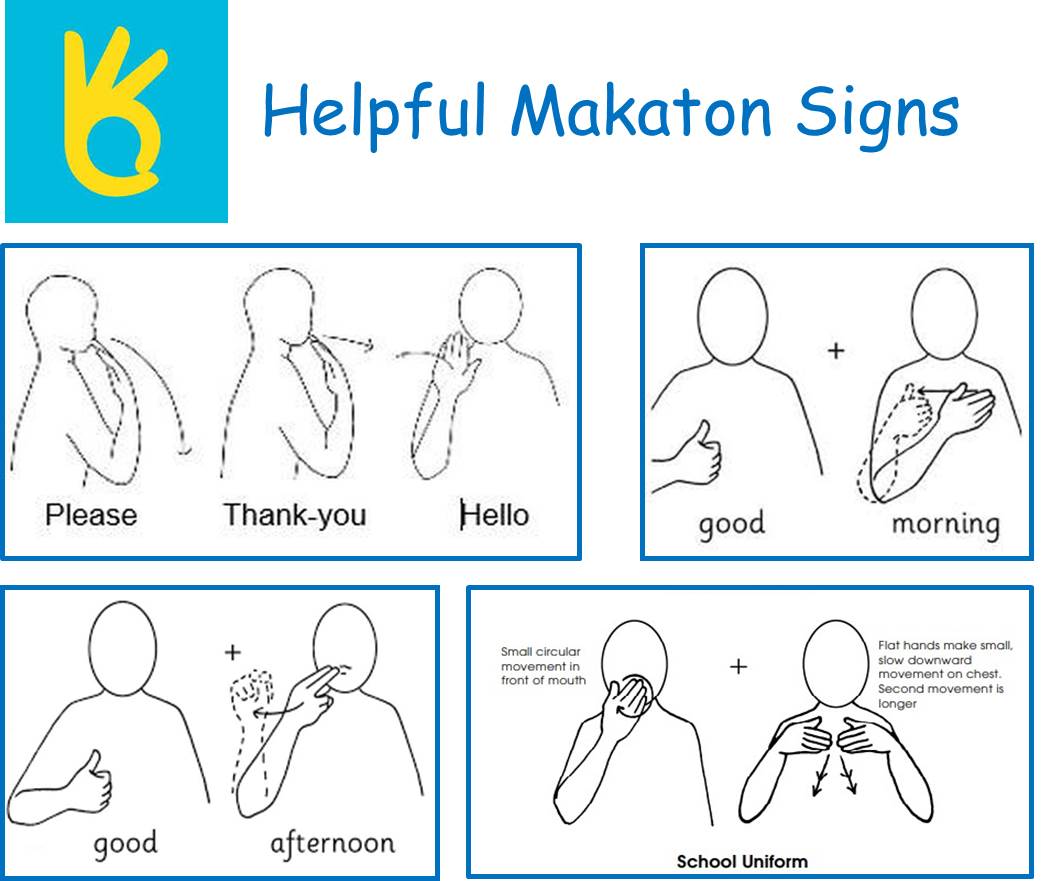Speech and Language
The Collett School: One and a half days of NHS Speech and Language Therapy on site, per week
St Luke's School: One and a half days of NHS Speech and Language Therapy on site, per week
Hertfordshire NHS Speech and Language service
Website for Hertfordshire NHS speech and language service
Contact the service directly:
Telephone – 01923 470680
Email – hct.cyptherapies1@nhs.net
Twitter - twitter.com/Herts_CYPT
Advice Line – 01923 470680 option 3, option 1
This is a dedicated telephone number which parents, carers and professionals can call to speak to a therapist about a new referral or a child’s development. Please leave a message on our Advice Line and a therapist will contact you. Calls are responded to by a therapist on weekdays.
Virtual Screening Clinics – please see the ‘Making A Referral’ section below
Integrated Learning and Therapies
Some pupils in our schools have a specified annual number NHS Speech and Language Therapy hours. Teaching and support staff in our schools are trained in a number of strategies to support groups and individual pupils to improve speech and language.
We use a range of integrated approaches throughout the day to enable children to access the curriculum and maximise their learning potential. These include:
PECS: Picture Exchange Communication Systems are used with identified children to support their access to questioning and ensuring their needs are met. This involves the use of personalised books that contain symbol/word vocabulary that they use to exchange with adults.

Makaton is used throughout the school. We use this form of sign language alongside the spoken word to provide visual support to help children with their understanding of language. It also provides a mode of communication for those children who find talking difficult. olumn.


Blank's Levels of Questioning: All staff use the Blank's Model to assess pupils’ ability to understand questions. This model involves using different levels of questioning that increase in complexity. Questions are pitched at an appropriate level for each pupil, enabling them to answer and show their learning.
Social Skills Groups: All pupils receive weekly social skills groups to support their attention and learning behaviours, social interaction skills (interacting and communicating with others) and emotional literacy skills (ability to understand and express feelings).
Zones of Regulation: The Zones of Regulation is a whole–school approach that helps children to understand and recognise their emotions. There are four Zones that are named the Blue, Green, Yellow and Red Zones. Each Zone includes a range of emotions. We teach children specific emotional vocabulary, the Zones and strategies to use as they progress through the school. This provides a consistent way for children to identify and share how they are feeling. Zone boards are displayed throughout the school and we encourage children to refer to them throughout the day. As well as sharing how they are feeling, we support them to identify and use strategies to help themselves be ready to learn.

Jointly Planned and Delivered Literacy and Storytelling sessions: Literacy and storytelling sessions are jointly planned and delivered by the teacher and SaLT therapists. Occupational therapists advise on how to adapt equipment and present worksheets and displays, and speech and language therapists help to plan the sessions so that literacy is delivered at the right level and incorporates specialist approaches.
